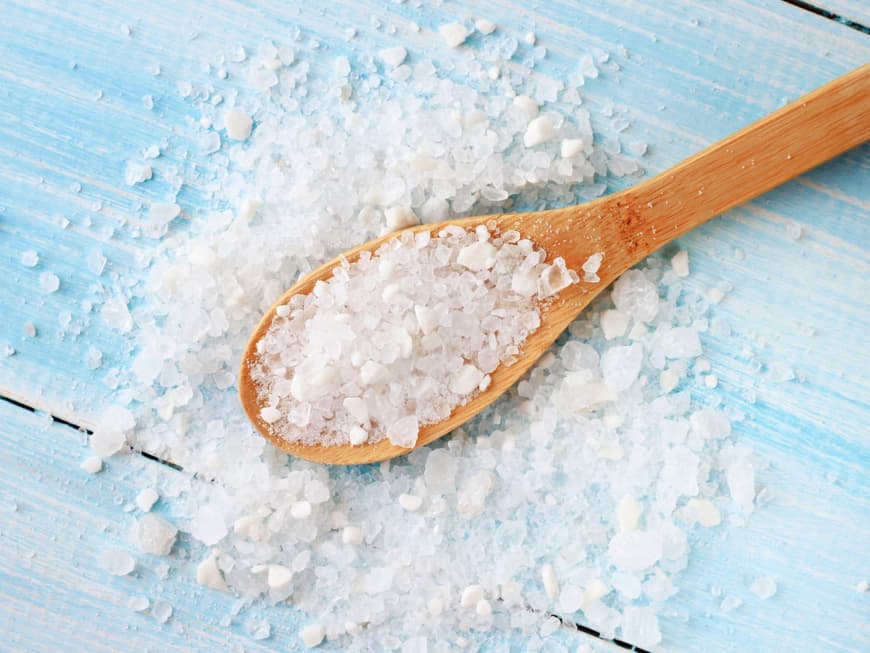
For a long time, the less salt, the better. The World Health Organization (WHO) recommends a maximum of five grams a day, while the German Nutrition Society recommends six grams a day. However, Germans actually eat more: ten grams for men and 8.4 grams per day for women. Is this already harmful to our health? Too much salt is said to increase blood pressure and cause a heart attack or stroke.
High blood pressure: This is based on a US study from 1988, in which the diets of 56 ethnic groups were compared - including the Amazon Indians. They ate very little salt, hardly had high blood pressure and died less frequently from cardiovascular diseases. The researchers concluded that the reason for this was the low salt intake. However, they overlooked the fact that the Indians also ate very little sugar and fat and exercised a lot.
Not proven: In fact, high salt consumption only minimally increases high blood pressure, and abstaining from salt also only minimally lowers it. Whether less of the white mineral also reduces the risk of heart attack and stroke in healthy people has not been scientifically proven. On the contrary: too little salt increases the risk of heart attack and stroke, according to a recent Canadian study. It also increases the release of stress hormones. But how much salt is healthy? Researchers now recommend setting the limit at around ten grams a day.






